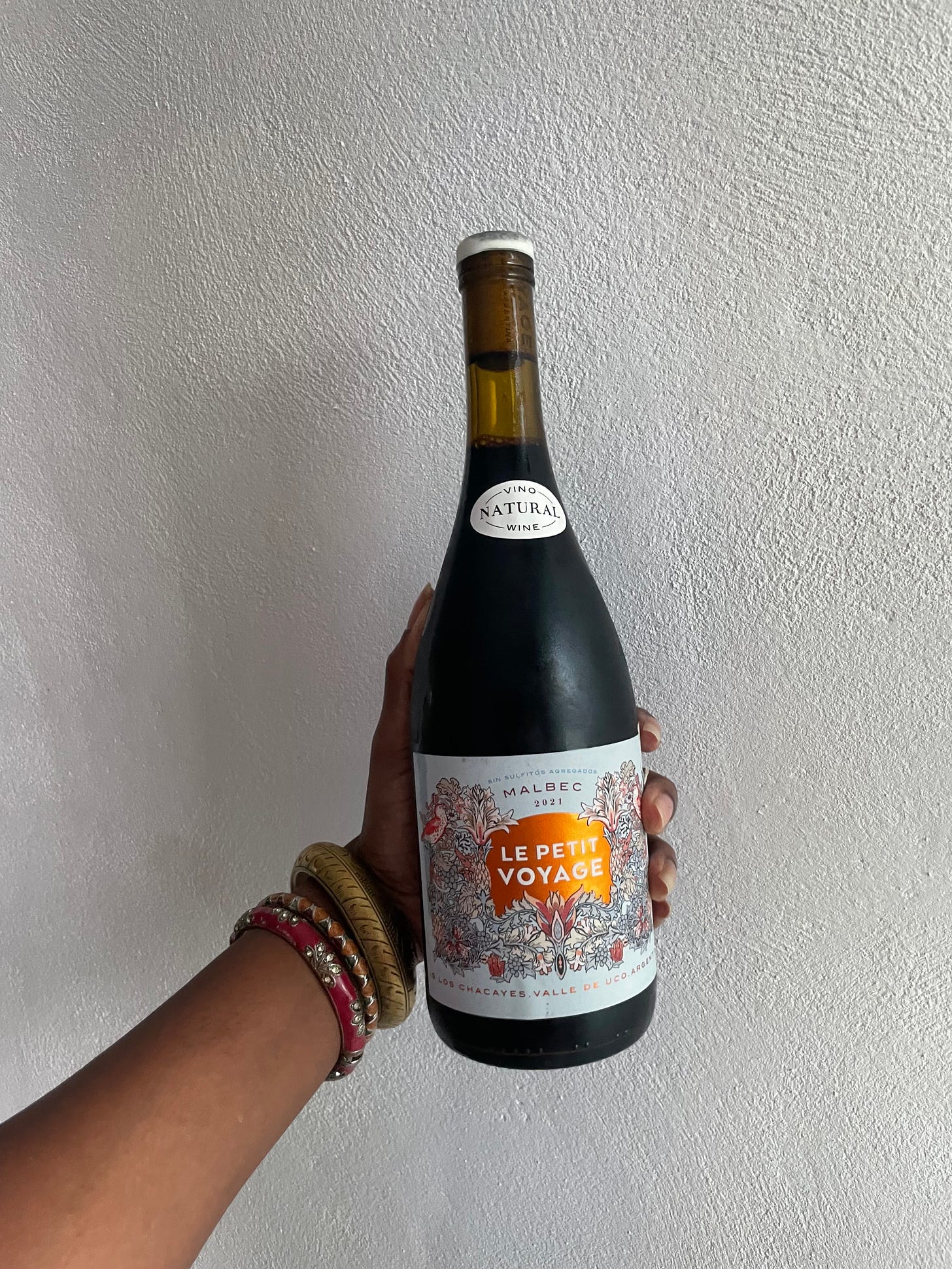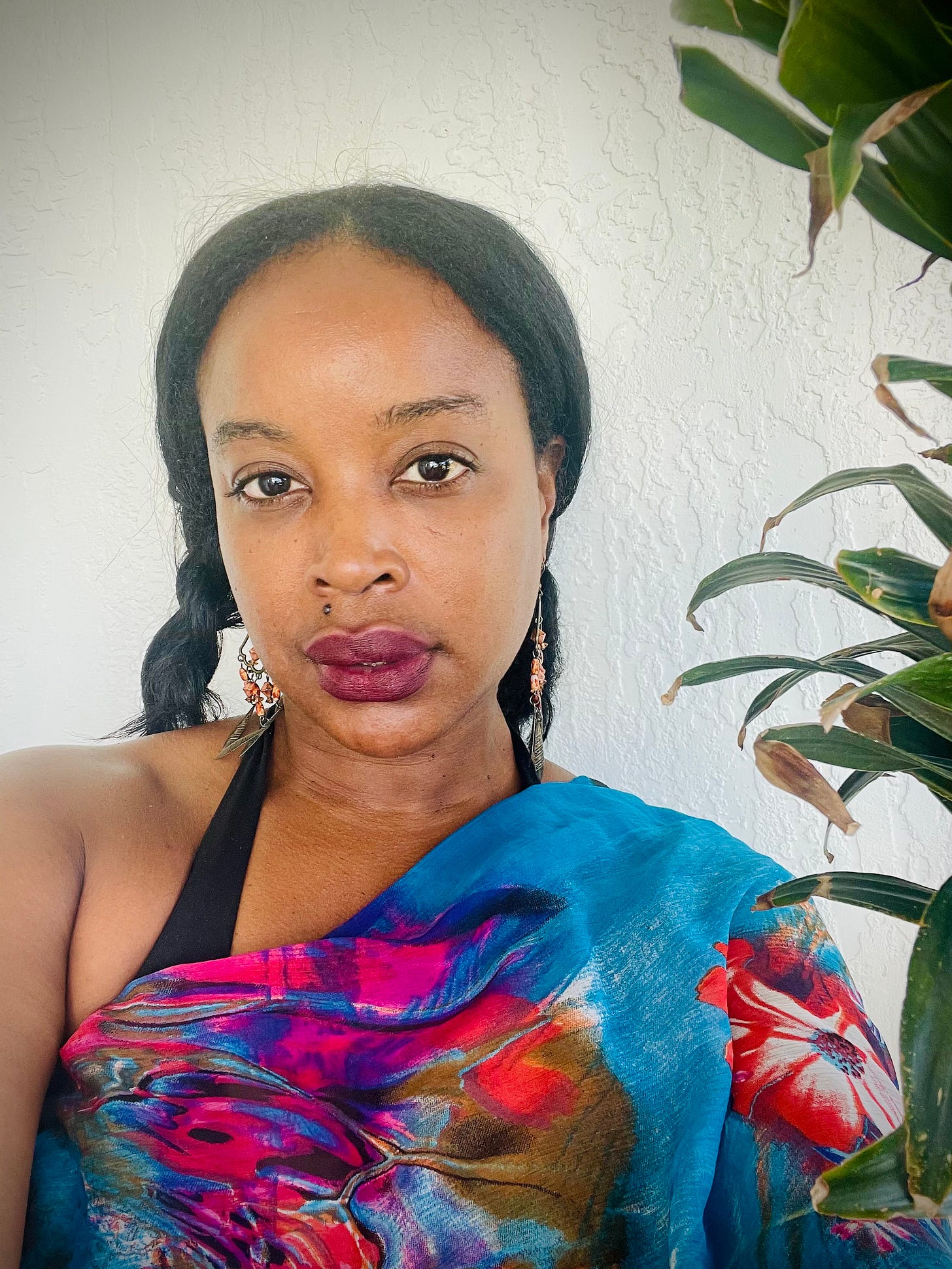It began with burying myself in the ocean. Not since the Covid-19 lockdown, had the ocean been so clear, so transparent. The chipped, blood red toe nail polish blending into the calm sea like some tiny magical creature that etched itself onto my being.
I have been burying my feet in the ocean for the past few months now. The morning waves, usually wild, feral, and full of spirit. Feels like church, miracles tumbling among the waves, bodies toppling, others swimming like dolphins.
Then about a month ago, there was a shift. The waves became soft and still under the fiery morning light. I watched a woman walk in, waist deep. From a distance, it looked like she was literally walking on water. I pulled up my black yoga pants then walked in. Was that my face I saw in the transparent waters? Rising from the sand, covered in shells and afterbirth.
“This year will be different,” the waves whispered.
The last time I felt like this, I was in Tulum. A higher-learning refugee and victim of Miami’s housing crisis, I was searching…For what? Inspiration, sleep. My body was so overcome with trauma and anxiety, sleep, real sleep, sweet sleep had become a distant relative.
I remember the moment when I realized that I was going to alright, that I was, perhaps, already more than alright. I found a rooftop AirBnB that was in the heart of the developing downtown area. It was close enough and far enough. When I wanted to be a part of the city’s movement, I was just a few blocks away. When I needed silence, I was a few blocks away.
After morning yoga and meditation, it became a ritual to walk to Raw Love to listen to the morning drummer while I sipped a dark chocolate ashwagandha smoothie. Afterwards, I walked to Gypsea Market which was a kind of Whole Foods before it was taken over by Amazon.
It was about a 35 minute walk to the market, and it was during these walks, it occurred to me that this need to heal and restore was rooted in a need to be natural, to feel natural. There I was walking along the dusty roadside, taxis honking, white people riding bikes and opening storefronts, locals gathering at fruterías and selling woven dreamcatchers, hammocks, and wooden ashtrays shaped into gargantuan penises. There I was in the center of it all–the collision between natural and unnatural, the cruel inevitably of change.
And it had nothing to do with me. There was no calling or sense of duty to help or support or revolutionize, that duty that often leaves black women living in America feeling exhausted and estranged from their own bodies. All I had to do was be, observe, and write.
Be, observe, and write. Be, observe, and write. Be, observe, and write.
As the Christmas holidays approached, those walks revealed more not just about myself but the region itself as more and more garbage appeared along the roadside–plastic bags, beer bottles, takeout containers, etc. It was clear that the jungle known for its natural beauty would die to the unnatural desire to pour concrete…everywhere. And such is life–the natural surviving the unnatural.
After a whole two months of drinking Txakoli rosé and not having access to natural wine, I was overjoyed to find a decent wine selection at Gypsea Market. I had tried a few Mexican wines, but nothing stood out. Most of them were over-oaked and didn’t give me a sense of Mexico. There was a natural wine festival in Mexico City, but I underestimated the cost of flying there from Quintana Roo (the state where Tulum is). I had communicated with Bichi’s winemaker in Baja about potentially delivering wines to where I was staying, but the process was becoming a hassle (Bichi is the name of a delicious natural wine from Mexico that I discovered in Miami during the heights of the pandemic).
But it all worked out. In the evening, I sipped Le Petit Voyage under the malbec moon. From the AirBnb rooftop, I had a clear view of the arriving tourists, the hostel hangers-on, ragged and zombie-like, high on whatever-drug, the brown man grilling rows and rows of chicken across the street, the smoke mixing with the smell of hot rain, mud, and a region becoming overwhelmed by riotous change.
One afternoon, I discovered one of the many Italian cafés popping up throughout the region. On the menu chalkboard was the name of one single white wine–Falanghina. Admittedly, I’ve always loved the sound and melody of this grape, the way it makes my tongue move: Fah-lahn-gee-nah.
It sounds like how it tastes. The last Falanghina I had was ENOZ l’Attimo. Hailing from Italy’s Campania region, it has the attributes I adore in this style of wine: produced from volcanic soil near the ocean, in this case, the Gulf of Gaeta which is part of the Tyrrhenian Sea. The wine offers notes of passion fruit, pineapple rind, and breadfruit–notes that remind of the Caribbean. Fresh and ambrosial, Falanghina is food, festivals, friendship, family, fucking. Long lunches, long kisses, long naps. Creation and kindness. A life where everyone gets to thrive without killing their bodies to do so. Author and Goddess Alice Walker says it here,
Dear Reader,
Regarding “The Temple of My Familiar,” or how, following my dreams, I came to understand that the “temple” of my own familiar (i.e., spirit) is freedom.
Published in 1989, I am currently reading this book from which this post borrows its title. When it popped up on my feed, not only did I fall in love with its title, but I trusted the author–Goddess Alice Walker to take me there. By there, I mean, to freedom.
Falanghina freedom.
Walker wrote the book after a divorce. She imagined that these magical but very relatable people she created were downstairs working in the house she purchased after the divorce. From the first page, I understood where I was. For Walker, it's this house. For me, it’s the ocean. Burying myself deep among the tiny rainbow fishes.
“This year will be different,” the wave whispered, Falanghina on its breath.







